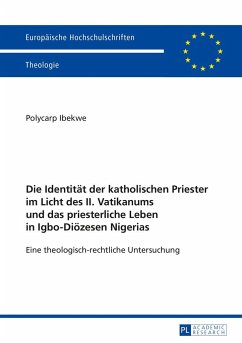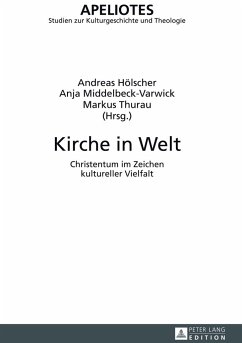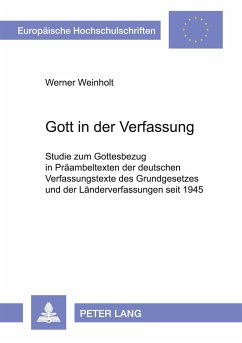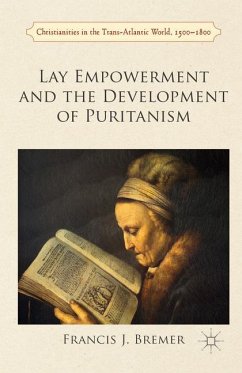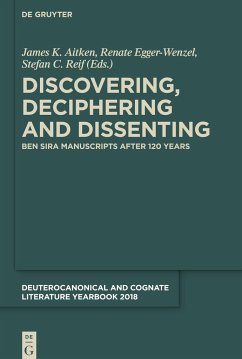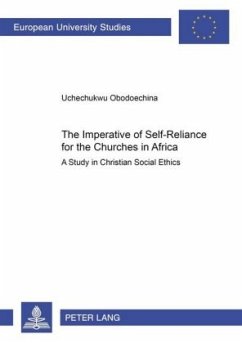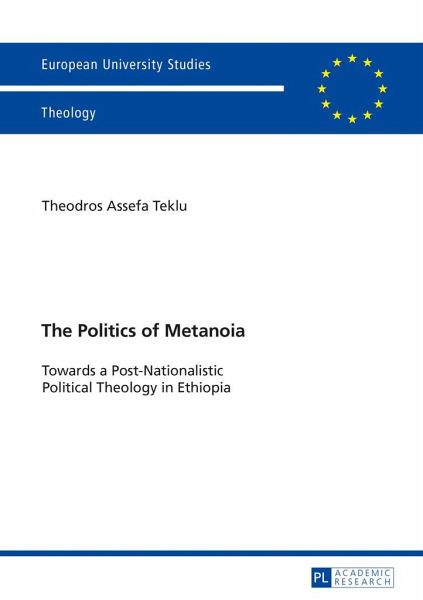
The Politics of Metanoia
Towards a Post-Nationalistic Political Theology in Ethiopia
Versandkostenfrei!
Versandfertig in 6-10 Tagen
76,00 €
inkl. MwSt.

PAYBACK Punkte
0 °P sammeln!
This book examines and critiques secular modes of self-writing in Ethiopia that put considerable emphasis on the enactment of national/ethnic identity leading to an equivocal situation wherein the ethos that binds people has been greatly eroded. Its analysis demonstrates that such modes of thought are flawed not only on the notion of the human subject, but also inappropriately position the religious or the theological. The book argues that a theological turn generates theological resources for a social horizon of hope - for the apotheosis of the bond of togetherness - which risks thinking poli...
This book examines and critiques secular modes of self-writing in Ethiopia that put considerable emphasis on the enactment of national/ethnic identity leading to an equivocal situation wherein the ethos that binds people has been greatly eroded. Its analysis demonstrates that such modes of thought are flawed not only on the notion of the human subject, but also inappropriately position the religious or the theological. The book argues that a theological turn generates theological resources for a social horizon of hope - for the apotheosis of the bond of togetherness - which risks thinking politics in an altogether different way beyond the ethno-national logic. This, as the author argues, paves the way for the possibility of a new political subject and the reinvention of politics.





